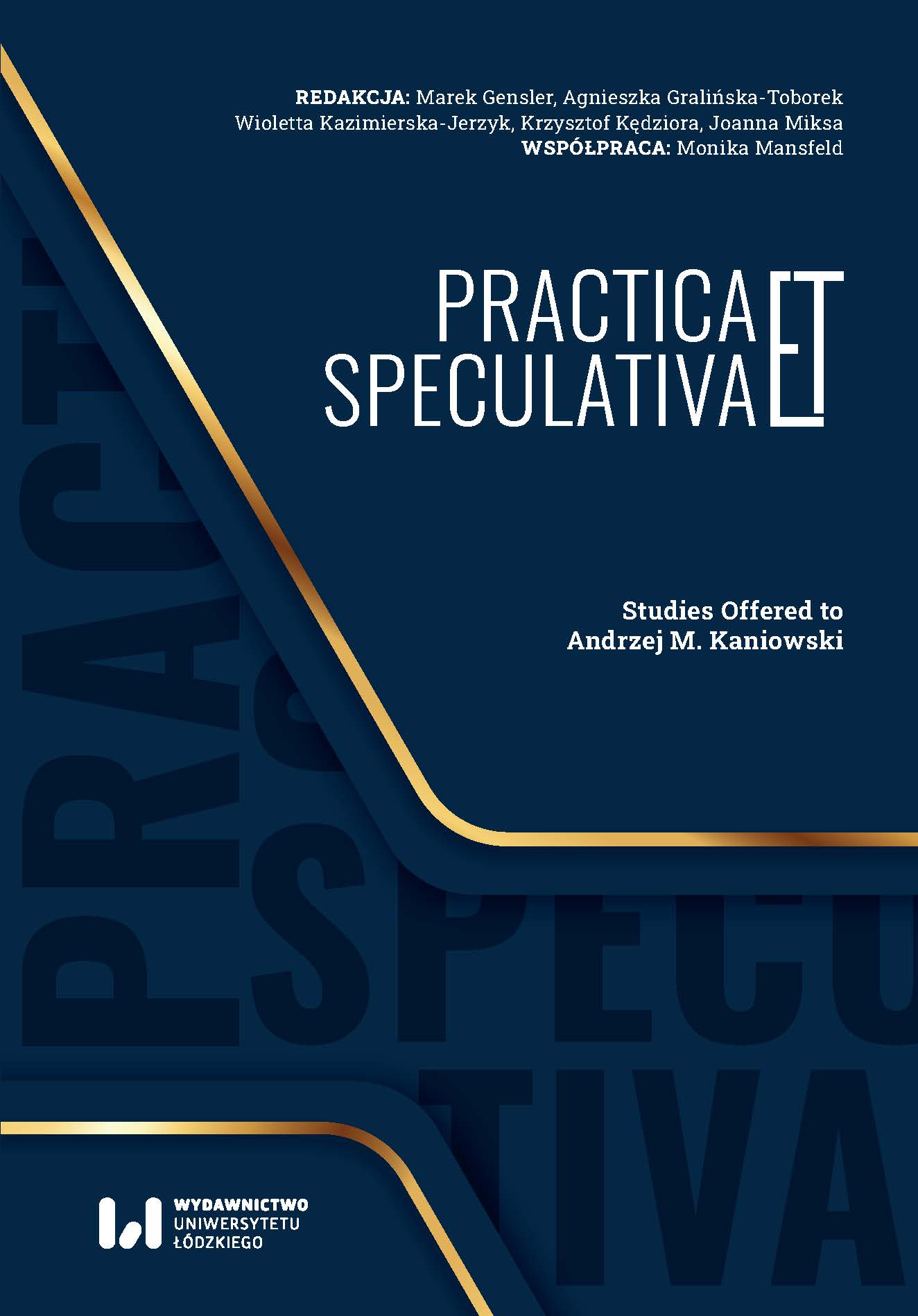God and Religion of the Enlightened Man According to Kant
God and Religion of the Enlightened Man According to Kant
Author(s): Ryszard Panasiuk
Subject(s): Philosophy
Published by: Wydawnictwo Uniwersytetu Łódzkiego
Keywords: Enlightenment;God;Kant;metaphysics;religion
Summary/Abstract: Having revealed an illusion of man’s cognitive efforts, Kant sealed the progress of enlightenment inscribed into a historical process, with a deep conviction that an ancient Greek prescription to „know thyself” was finally fulfilled. A man became aware of being equipped with a mind, and accordingly, with freedom as well as the ability to act morally, still of remaining a finite natural being with cognitive skills limited. This critical self-knowledge of an enlightened man relieved him of his nonage to open his eyes for a new vision of both the world and a man himself regarded as a self-conscious subject and active creator of his fate. The character and ontological status of religious beliefs the enlightened man confesses are in fact defined by the famous Kantian formula: as if (als ob.) Driven by moral reasons, they are distinguished with a rationality for which a fundamental value is the Highest Good, purely rationalistic construction, a kind of God thought to be an essential being and a ration for existence of the phenomenal world.
Book: Practica et Speculativa
- Page Range: 491-501
- Page Count: 11
- Publication Year: 2022
- Language: English
- Content File-PDF

